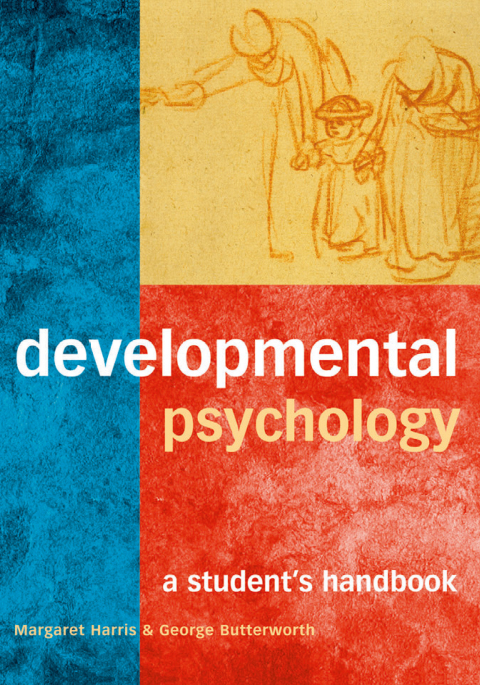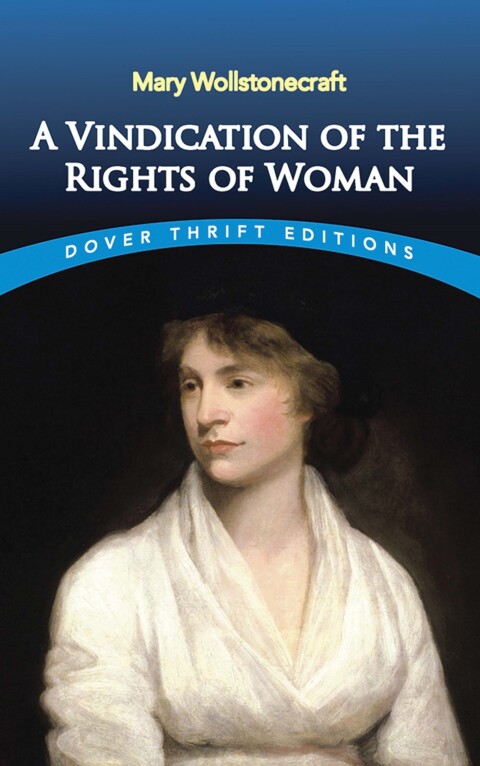Description
Efnisyfirlit
- Cover Page
- Half-Title Page
- Title Page
- Copyright Page
- Dedication
- Table of Contents
- About the authors
- Preface
- Part 1 A framework for developmental psychology
- 1 A brief history of develoemental psychology
- The developmental principle
- The evolution of development
- The emergence of developmental psychology
- Fundamental questions in developmental psychology
- Conclusion and summary
- Further reading
- 2 Delvelopmental psychology in the 20th century
- Learning or maturation: The rise of opposing schools
- Jean Piaget (1896–1980)
- Lev Semeonovich Vygotsky (1896–1934)
- John Bowlby (1907–1990)
- Conclusion and summary
- Further reading
- 3 Observing and modelling developmental change
- The epigenetic landscape
- Stage theories of development
- The dynamic systems approach
- The connectionist approach
- Information-processing approaches
- Carrying out research in developmental psychology
- Methods of data collection
- Conclusion and summary
- Further reading
- Part 2 Early development
- 4 Development from conception to birth
- Stages in prenatal development
- Behaviour in the foetus
- Evolution and development of the brain
- Sitting, standing, and walking
- The sensory capacities of the neonate
- Childbirth
- Conclusion and summary
- Further reading
- 5 Cognitive development in infancy
- Piaget’s theory of infant cognition
- Piaget’s account of the development of the object concept
- Infants’ perception of objects: An alternative to Piaget
- Memory in infancy
- Reaching and grasping
- Conclusion and summary
- Further reading
- 6 Early social development
- Recognising oneself
- Recognising other people
- Smiling and social recognition
- Imitating other people
- Play
- The development of attachment
- Responses to emotions
- Differences in interaction with boys and girls
- Conclusion and summary
- Further reading
- 7 The beginnings of language development
- The perception of speech sounds
- The development of babbling
- Learning to say words
- The social context of early language development
- Conclusion and summary
- Further reading
- Part 3 The preschool years
- 8 Language development in the preschool years
- Combining words
- Morphological development
- Inside-out theories
- Outside-in theories
- The role of language input
- Experimental studies of early grammatical understanding
- The language abilities of chimpanzees
- Vocabulary development in the school years
- Conclusion and summary
- Further reading
- 9 Cognitive development in the preschool years
- Piaget’s theory of preoperational reasoning
- Criticisms of Piaget’s tests of preoperational thinking
- Problem solving
- Reasoning by analogy
- Appearance and reality
- Children’s drawing
- Conclusion and summary
- Further reading
- 10 Social development in the preschool years
- The continuing development of self-recognition
- The development of pretend play
- Fantasy and imagination
- Gender differences in play
- The development of gender identity
- Social cognition and theory of mind
- Prosocial behaviour
- The formation of friendships
- Conclusion and summary
- Further reading
- Part 4 The school years
- 11 Cognitive development in middle childhood
- Social and biological markers of middle childhood
- Piaget’s theory of concrete operational reasoning
- Criticisms of Piaget’s account of concrete operational reasoning
- Developmental changes in problem solving
- Conclusion and summary
- Further reading
- 12 Learning to read and spell
- Orthographic regularity
- Theories of learning to read
- Learning to read alphabetic scripts
- Learning to read non-alphabetic scripts
- Predictors of reading success
- Learning to spell
- Learning to read and write braille
- Difficulties with learning to read and spell
- Conclusion and summary
- Further reading
- 13 Learning to do maathematics
- Early knowledge of number
- Learning to count
- Adding and subtracting objects
- Adding and subtracting numbers
- Cross-cultural differences in mathematical ability
- Conclusion and summary
- Further reading
- 14 Social development in the school years
- Interactions with other children
- Friendships
- Bullying
- Piagetian and neo-Piagetian accounts of moral reasoning
- Alternative accounts of moral development
- Emotional development
- Conclusion and summary
- Further reading
- 15 Adolescence
- Social and biological markers of adolescence
- Piaget’s theory of formal operational reasoning
- Criticisms of Piaget’s theory
- Culture and context specificity in adult thinking
- Moral reasoning
- Relationships
- Gender differences in adolescent friendships
- Conflict and aggression in adolescence
- Conclusion and summary
- Further reading
- References
- Glossary
- Author index
- Subject index
- Acknowledgement






Reviews
There are no reviews yet.